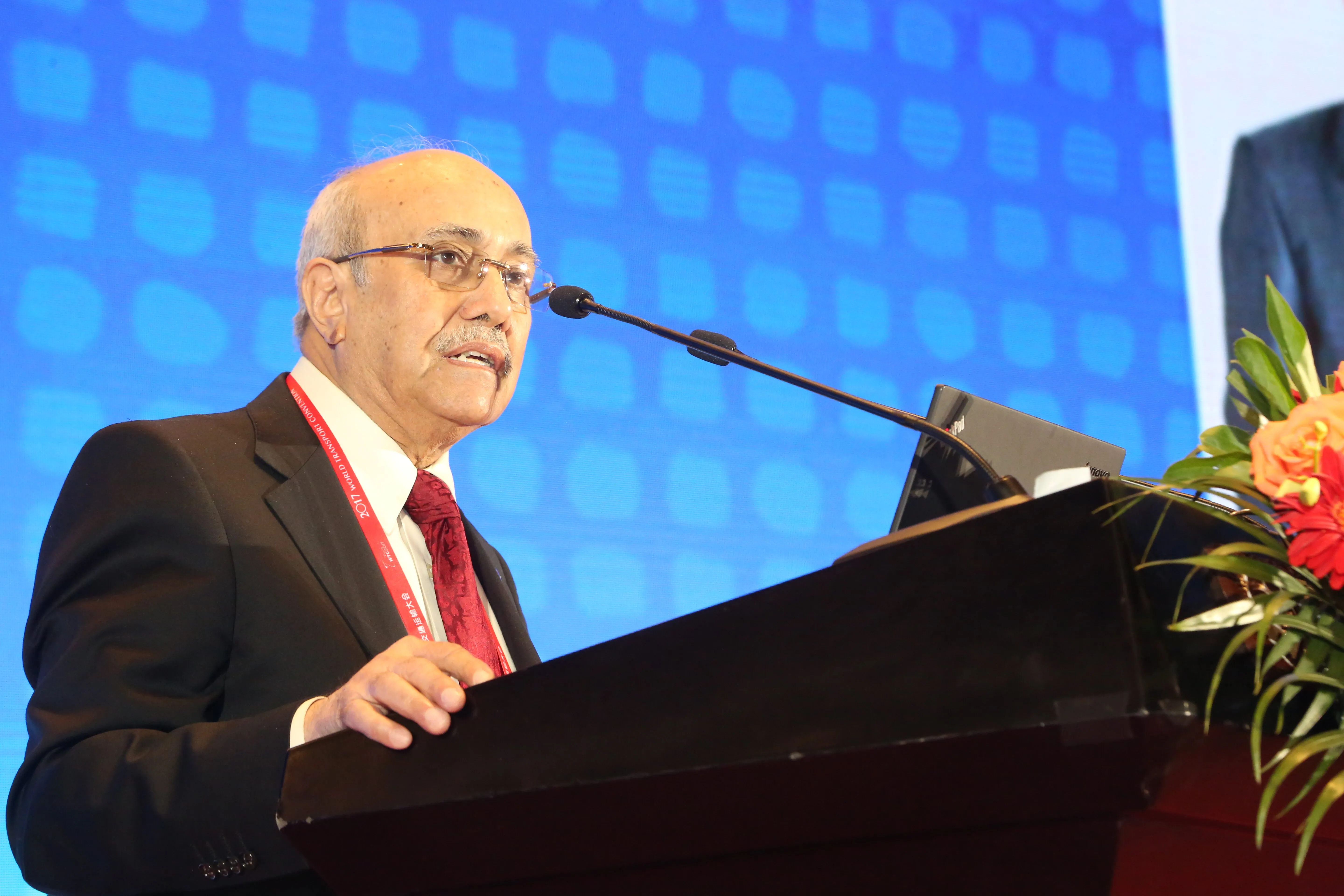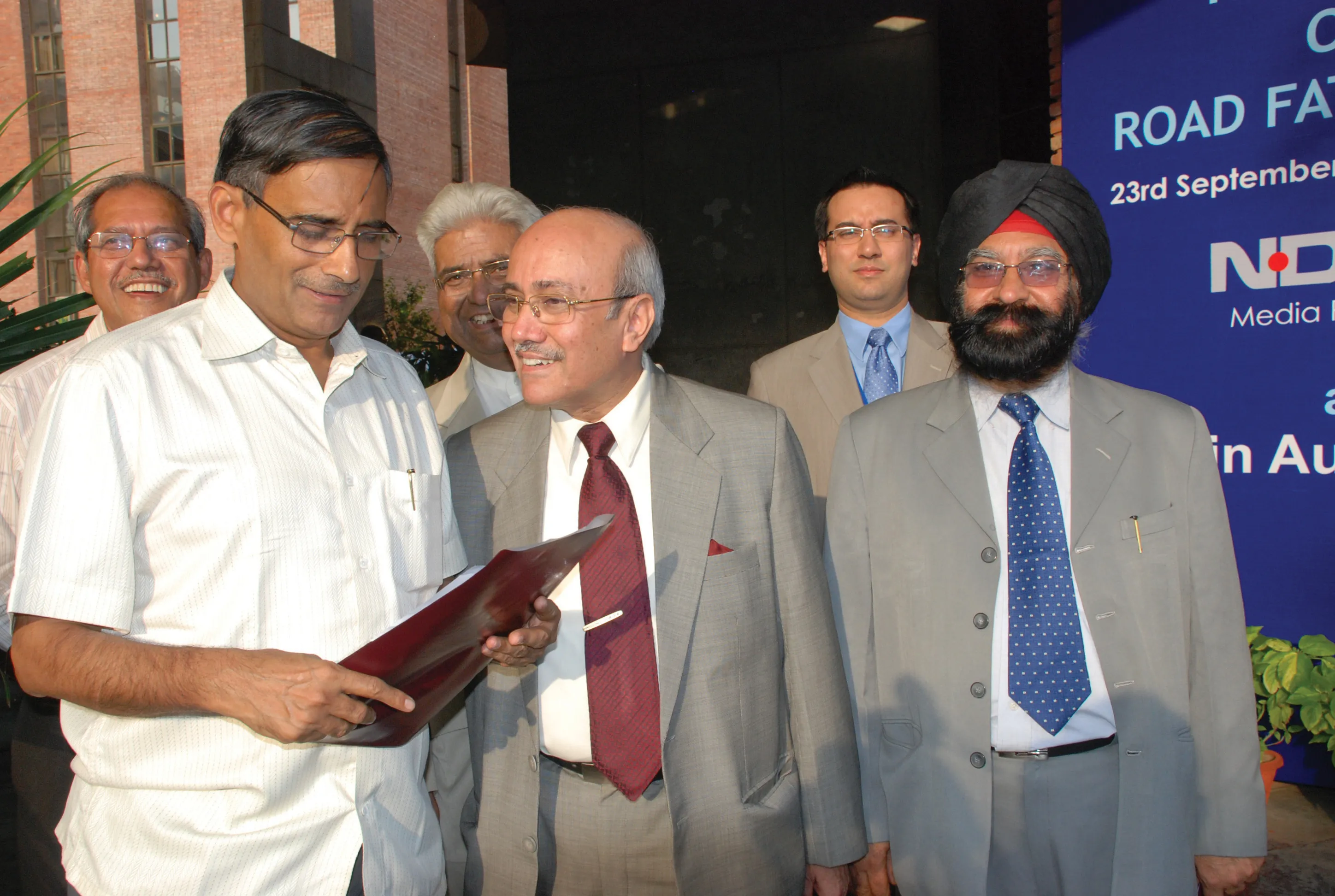
Kiran Kapila, IRF chairman, delivered a keynote address in the opening ceremony which was inaugurated by Wan Gang, minister of Science and Technology and by Dai Dongchang, vice-minister of Transport. In his address, Kapila stressed the importance that the concept of “connectivity” has today and spoke briefly about India’s Smart Cities initiatives. The future he envisioned is that of lesser and lesser human intervention and the growth of automation.
Connectivity is indeed at the heart of the new and ambitious Chinese initiative known as “The Belt and Road Initiative” or the new Silk Road. A dedicated roundtable was convened on the 4th June (one day before the opening of WTC). IRF Geneva was represented by Susanna Zammataro, IRF executive director. The roundtable discussed in particular the establishment of the International Transport Alliance (ITA), a platform to enhance multi-level and wide-ranging cooperation between the countries along the Belt and Road. The importance of harmonised technical standards and procurement procedures and contracts was one of the points Zammataro stressed during the roundtable.
The proposal for initiating the establishment of the ITA was presented and endorsed in the plenary of WTC.
WTC 2017 was also the opportunity to discuss Chinese participation at the IRF World Meeting (14th-17th November 2017) and collaboration plans with CHTS for 2018.







